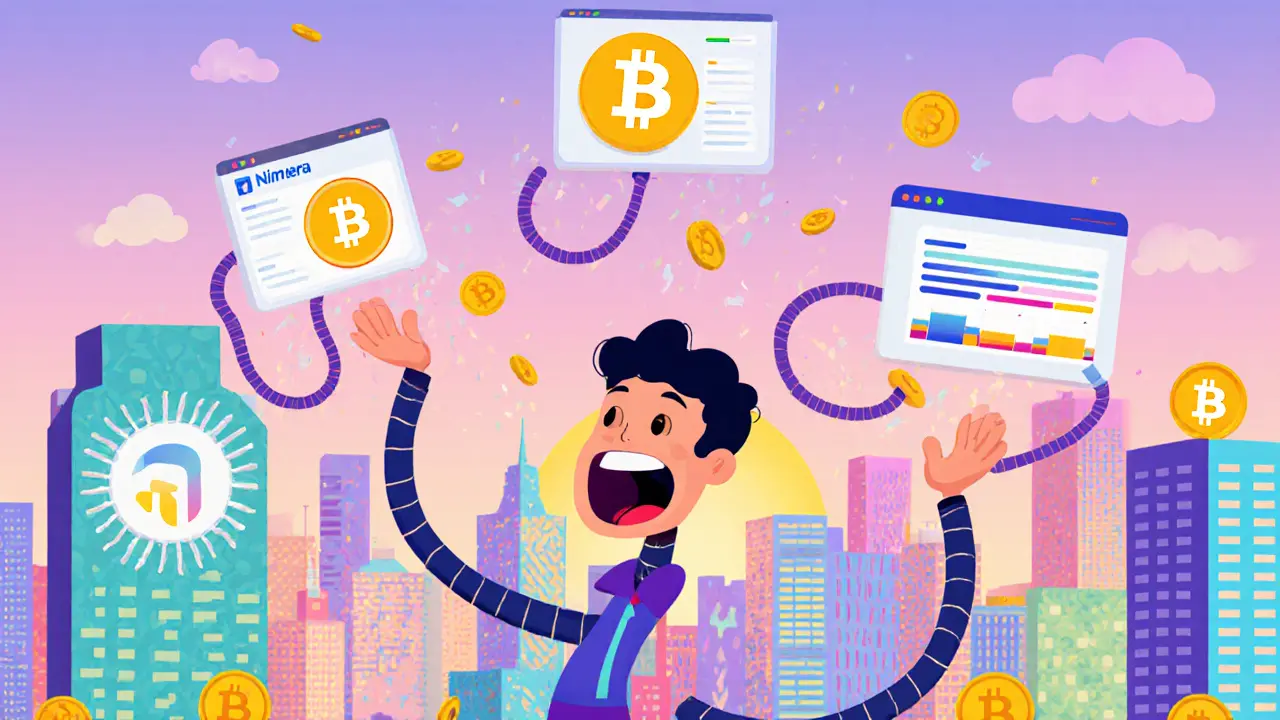Crypto Payment Gateway: How It Works and Where to Use It
When you pay for something online with crypto payment gateway, a system that lets merchants accept cryptocurrency as payment by converting it to fiat or holding it on-chain. Also known as crypto payment processor, it bridges the gap between digital wallets and traditional business accounts. It’s not just a button that says ‘Pay with Bitcoin’—it’s a full backend system that handles conversion, security, and settlement, often in seconds.
Most crypto payment gateway services work by generating a unique wallet address for each transaction. When a customer sends crypto, the gateway locks the amount, verifies the blockchain confirmation, and then either deposits the exact coin into the merchant’s wallet or instantly converts it to USD, EUR, or another fiat currency. This protects the business from price swings. Companies like BitPay and CoinGate built their entire model around this. But there are also open-source tools like BTCPay Server that let anyone run their own gateway without relying on a third party.
The real value isn’t in accepting crypto—it’s in what it unlocks. A crypto payment gateway enables global sales without bank restrictions, cuts transaction fees by up to 80% compared to credit cards, and gives customers more control over their money. In countries like Nigeria or Argentina, where banks block crypto deposits, these gateways are the only way small businesses can receive international payments. Even in the U.S., indie creators and e-commerce stores use them to avoid PayPal freezes or high chargeback fees.
But not all gateways are equal. Some only support Bitcoin. Others add smart contract features for recurring payments. Some require KYC. Others don’t. And some are just scams hiding behind fancy websites. The best ones offer real-time settlement, multi-coin support, and clear reporting. You’ll find reviews of actual platforms in the posts below—ones that are live, used by real businesses, and not just theoretical.
What you’ll see here isn’t theory. It’s what’s happening right now: how crypto payment gateways interact with blockchain networks, how they’re affected by regulations like FATF rules, how they handle volatility, and why some businesses ditch them after a few months. You’ll also find warnings about fake gateways, how they tie into broader crypto infrastructure like wallets and exchanges, and what happens when a country bans crypto entirely—like in China, where banks block any attempt to cash out.
Nimera crypto exchange offers a unique mix of DEX trading, multi-exchange access, and crypto payment processing. Learn its features, risks, and whether it's worth using in 2025.
